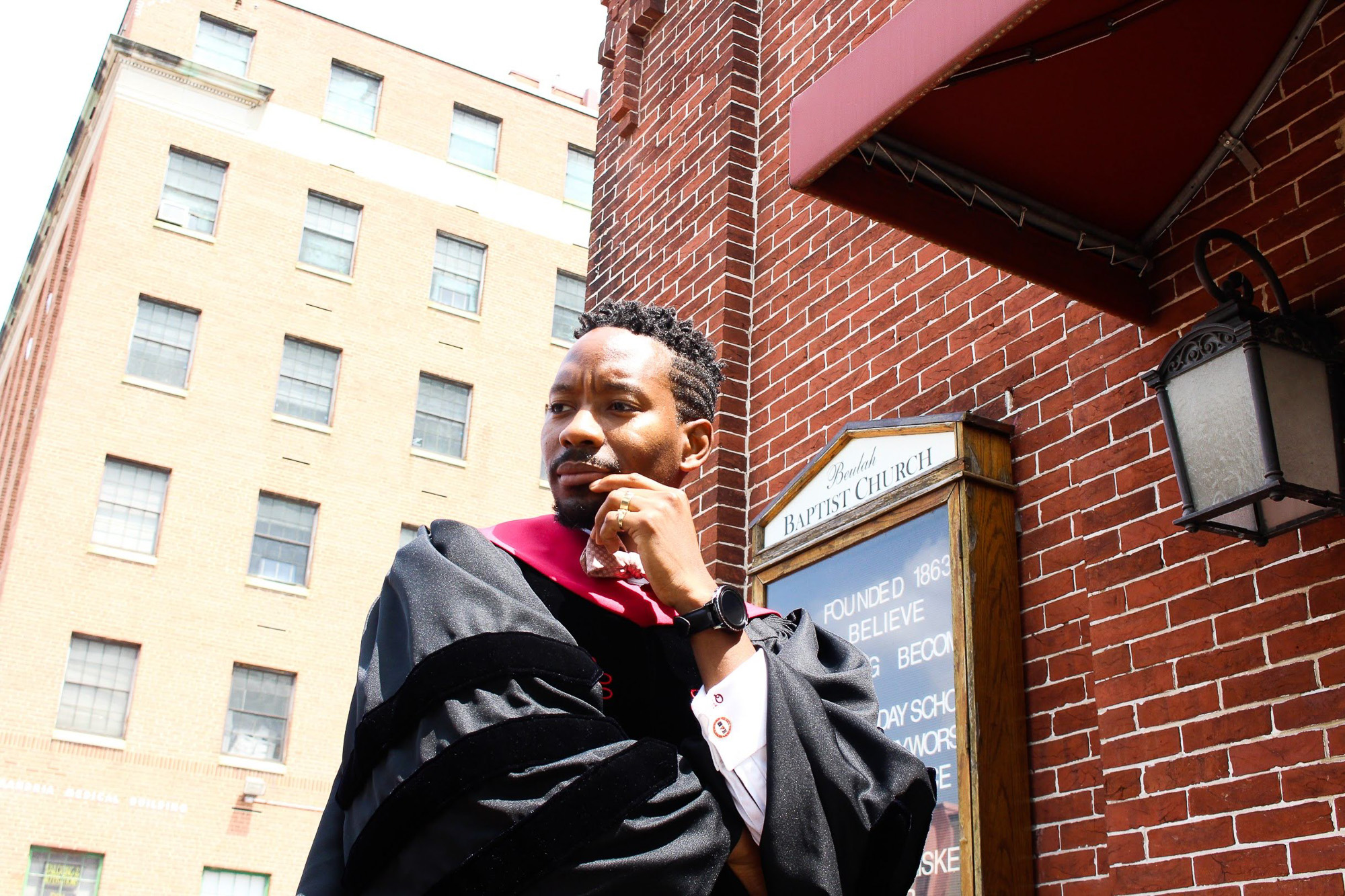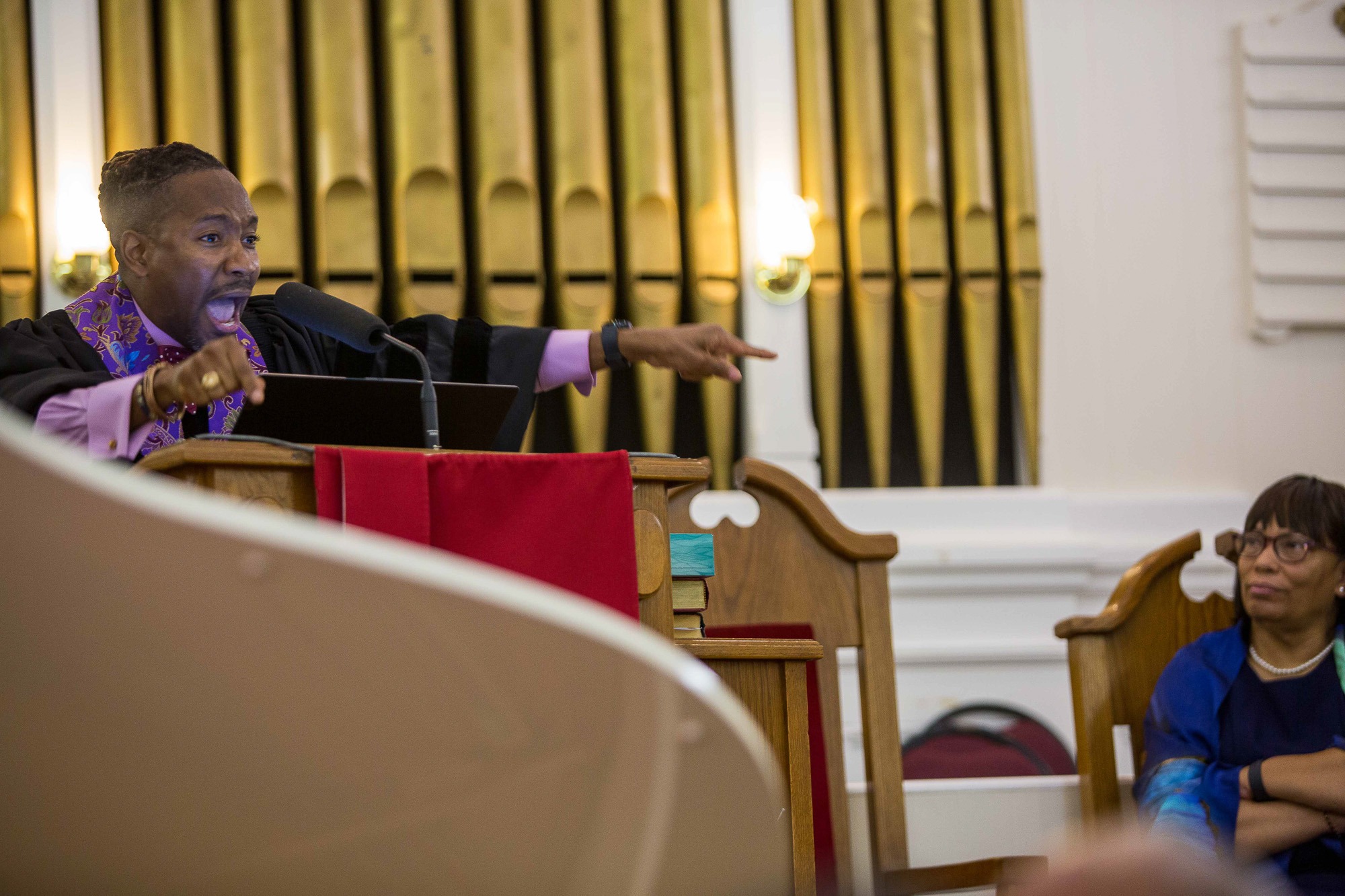(AURN News) — As Christian nationalism enjoys what many describe as a golden age during President Donald Trump’s second term, the Rev. Quardricos Driskell says the Black church faces a defining test of purpose and survival.
“The Black church has to, or otherwise the Black church will die,” Driskell told AURN News. “We need to amplify our voices and speak truth to power. Speak truth to power in the streets, speak truth to power via social media and engage the younger generation.”

Driskell is the pastor of Beulah Baptist Church in Alexandria, Virginia, one of the oldest Black congregations in the region. He also lectures at The George Washington University’s Graduate School of Political Management. A graduate of Morehouse College, Harvard Divinity School, and The George Washington University, he sees faith and politics as inseparable threads in American life.
“Faith and politics was something that was not really separate,” he said. “Neither was faith and history. They both work hand in hand.”
Raised in Atlanta, Driskell grew up in what he calls the height of the Black Mecca — a place where faith, education, and civic engagement were deeply intertwined. That experience shaped his belief that the Black church’s role has always been both spiritual and social.
“The Black church didn’t emerge because Black people wanted to separate from white Christians,” Driskell said. “White Christianity ultimately rejected, excluded, and dehumanized African Americans.”

“When we speak of Black church, we are not talking about a church that preaches hate or exclusion of others,” he said. “We’re talking about a faith tradition particularly a version of Christianity that is shaped by the Black experience that is rooted in a theological response.”
He argues that the modern challenge is not only spiritual but strategic. With attendance declining in some congregations and digital platforms reshaping community life, Driskell says the Black church must meet people where they are — online and on the ground.
“What we need to do is partner more with organizations that already have boots on the ground that the church, the Black church has historically not partnered with to amplify their voice that much further,” he said.
“We can’t continue to do and employ the tactics that were used in the ’60s to gain movement. This is the 21st century. We need 21st century tactics.”
Amid widening racial and economic inequality, Driskell says the church’s moral voice is needed more than ever — to feed, house and support communities while standing firm against forces that divide them.
Click play to listen to the AURN News report from Jamie Jackson:













